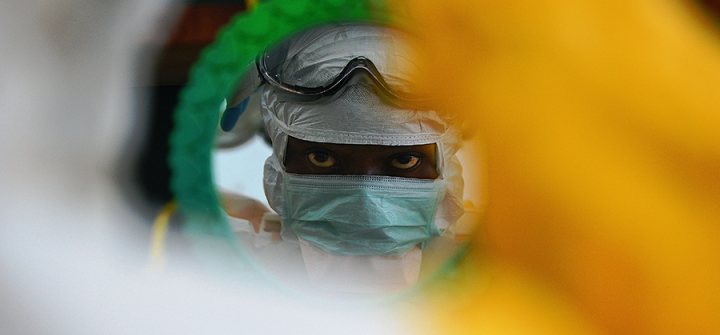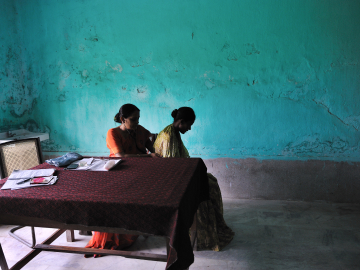Global Health Leadership: The Urgent Need
The consensus for the need for strong leadership within global health has been growing over a number of years. However, it was perhaps the West Africa Ebola outbreak (2014-2016) where this lack of leadership was starkly exposed to devastating consequences, such as the delay in WHO recognizing that this was a Public Health Emergency of International Concern—essential to mobilize the range of vital response resources. My own evaluation for Médecins Sans Frontières surrounding its response to the outbreak in Sierra Leone highlighted the importance of strong, dynamic, competent leaders, trained to navigate political and cross-institutional contexts amid crises. There were weaknesses in diplomacy, strategy development and professional collaborative behaviors to be identified in the activities of all the major response actors, local and international, and throughout levels of operation, although many in the global health community directed responsibility for failures of leadership with the WHO.
A need for increased professionalism and integrity in these challenging health crises has received much attention of late, with organizations such as Oxfam, Save the Children and MSF embroiled in scandals leading to the “Humanitarian #MeToo #AidToo #TimesUp” movement. These organizations, as well as others that work in difficult health situations with vulnerable communities, are now wrestling with ways to ensure sustainable change to build an environment of integrity, respect and trust.
The consequences of poor leadership are evident—forcing huge amounts of resources to be funneled to rebuild battered relationships and collaborations, with the media quick to highlight the fallout. Leaders who lack the required leadership skills and essential political and cultural acumen pose significant organizational, team and individual risks. At worst, damage can be semi-permanent and widely detrimental not only to the organizations but also to the communities they serve.
By contrast, those with excellent leadership skills are invaluable in these settings —ensuring long-term sustainable change to the health of numerous populations. They are able to work cohesively and respectfully with the communities they serve, to influence and empower others in their health vision and to be able to confidently navigate fluid political and organizational contexts.
Many of the leadership issues for humanitarian health organizations that are reflected in the #AidToo movement, such as issues of power, the need for respectful integration with local systems and needs, the focus on multi-organization, cross-sector collaboration and strong, clear communication and diplomacy, are also absolutely essential to the wider global health community.
Reflection and refocus is needed, allowing leaders to think, operate, fund, collaborate and behave differently. It is imperative that the global health community embraces the need for change, seizes this momentum and recognizes the importance of exceptional leadership to be able to achieve ambitious health goals. Training and empowering our global health community in this, the ‘Art of Leadership,’ is fundamental to ensuring a healthier global future.
Claire Bayntun, MSc, MBBS, MPH, is director of Global Leadership Programmes at the London School of Hygiene & Tropical Medicine, which offers an Executive Programme for Global Health Leadership. A medical doctor specializing in the field of global public health and Trustee of the Royal Society of Medicine, Bayntun has worked as a regional NGO manager in West Africa as well as with WHO Collaborating Centres as an academic clinical fellow, with a focus on health system strengthening and crises management.
Join the tens of thousands of subscribers in more than 100 countries who rely on Global Health NOW summaries and exclusive articles for the latest public health news. Sign up for our free weekday enewsletter, and please share the link with friends and colleagues: http://www.globalhealthnow.org/subscribe.html
An MSF medical worker checking protective clothing in a mirror at an MSF facility in Kailahun, at the epicentre of the world's worst Ebola outbreak, in August 2014. Image: Carl De Souza/AFP/Getty Images




